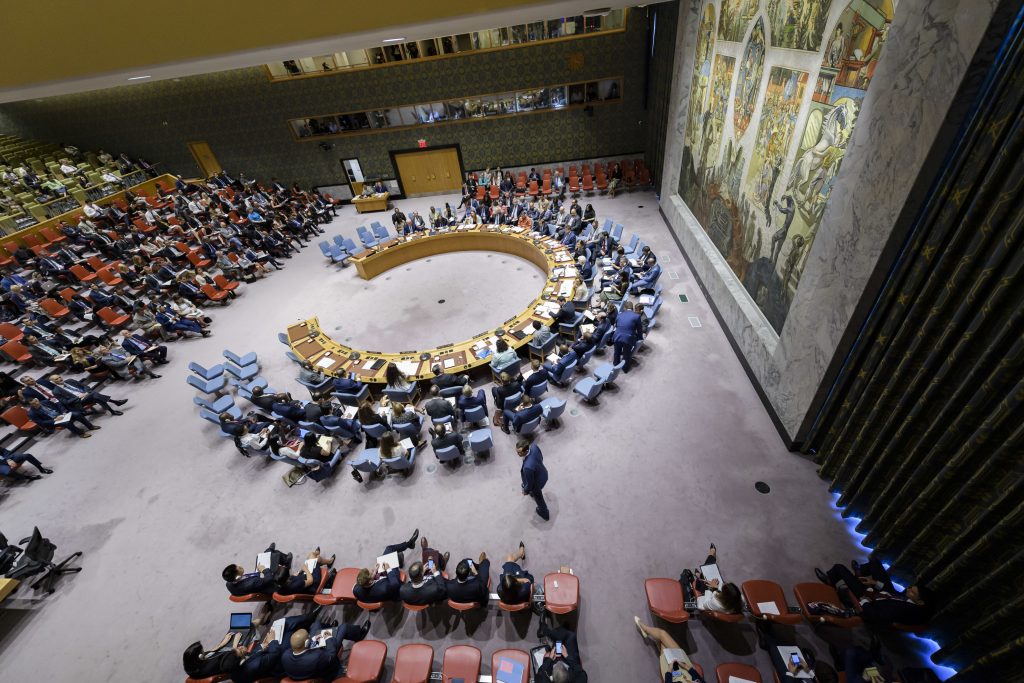Sudanese rights groups deliver enforced disappearance reports to UN

The UN Security Council (Photo: UN)
A chorus of eight Sudanese human rights and civil society organisations, operating under the banner ‘Wadeitum wein’ (Arabic for ‘Where did you take them?’), announced on Thursday in a statement on X that they have provided vital data to the United Nations High Commissioner for Human Rights in Geneva. The data, concerning victims of enforced disappearance in war-torn Sudan, is slated for inclusion in the upcoming 79th session of the Human Rights Council before the United Nations General Assembly.
The Wadeitum wein coalition, comprising prominent organisations such as the Sudanese Journalists Network and the Sudanese Lawyers Democratic Front, emphasised in their statement their continued dedication to addressing human rights violations, especially the alarming surge in enforced disappearances since the onset of conflict between the Sudanese army and Rapid Support Forces in April last year.
Wadeitum wein’s coalition members also expressed concern over Sudan’s absence from last year’s OHCHR report, despite the gravity of the situation and the accuracy of the information provided.
They underscored the urgency of shedding light on the plight of missing individuals, particularly women and children, urging concerted efforts to halt these crimes and reveal the whereabouts of the disappeared.
Lawyer Osman El Basri, a coalition partner and member of the Sudanese Group for Victims of Enforced Disappearance, stressed the significance of joint coordination between UN offices and local activists in conflict zones to ensure the accuracy of information provided.
He called for enhanced cooperation to facilitate the work of international fact-finding committees, advocating for measures akin to those taken in Darfur to refer investigation files to the International Criminal Court.
‘Breakthrough in enforced disappearance cases’
The Sudanese Group for Victims of Enforced Disappearance achieved a breakthrough as the Public Prosecution granted approval to file criminal cases related to 451 missing persons since the conflict erupted in mid-April 2024. This development marks a significant departure from previous requirements, eliminating the need for complainants, typically relatives of the missing persons, to appear before the prosecution.
The coalition hailed this step as a pivotal shift in authorities’ understanding of enforced disappearance cases. Previously encountered obstacles, including the presence of complainants, hindered progress in addressing these grave violations.
Recent reports from the Sudanese Group for Victims of Enforced Disappearance highlight a surge in cases across various regions, with Wad Madani, El Hasaheisa, and Jebel Aulia among the worst affected. In these areas alone, nearly 1000 individuals, including 96 women, have been documented as missing.
Both sides of the Sudanese conflict face accusations from voluntary and human rights organisations of involvement in unlawful detention operations targeting civilians, exacerbating the humanitarian crisis.








 and then
and then